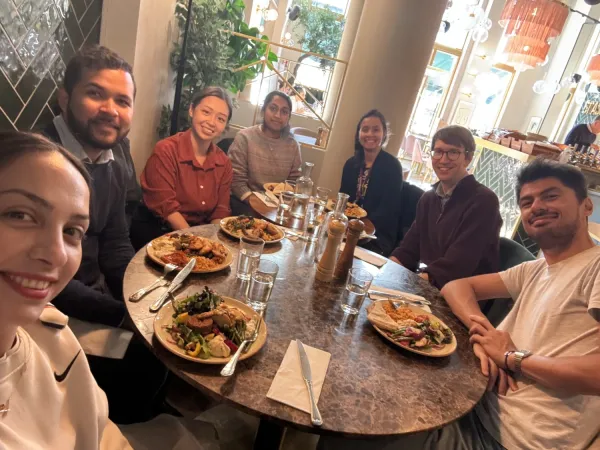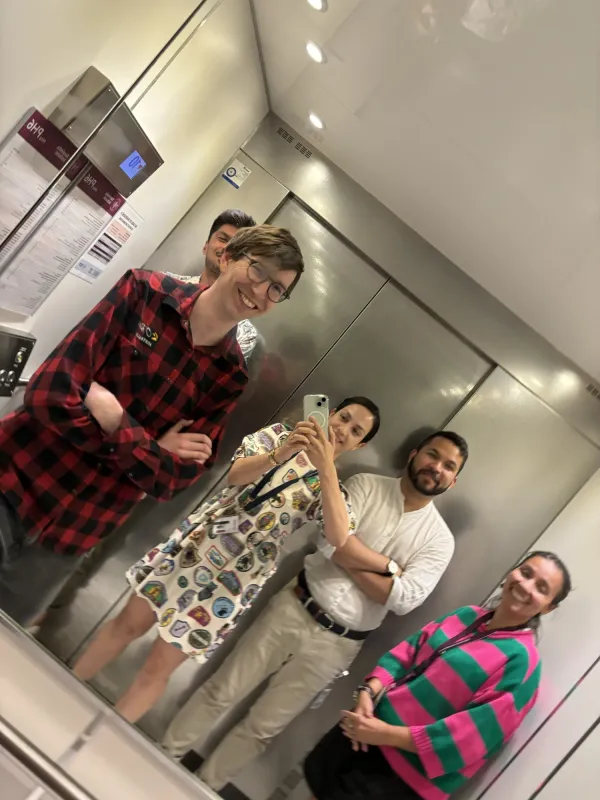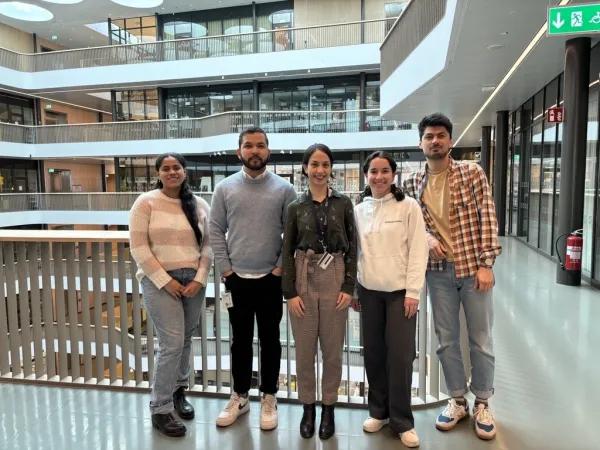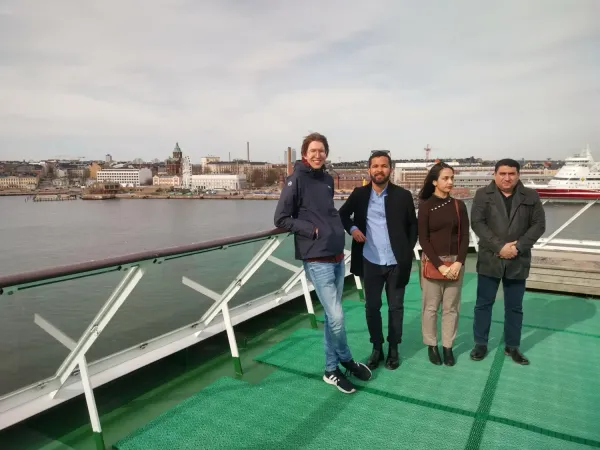Our Research
We are particularly interested in understanding and preventing radiation-induced skeletal complications, a common long-term side effect in children undergoing cancer treatment. In addition, we study the biology of skeletal stem cells, the paracrine regulation of the growth plate, and the mechanisms of cartilage mineralization. Through this work, we aim to develop novel therapeutic strategies for treating childhood growth disorders.




